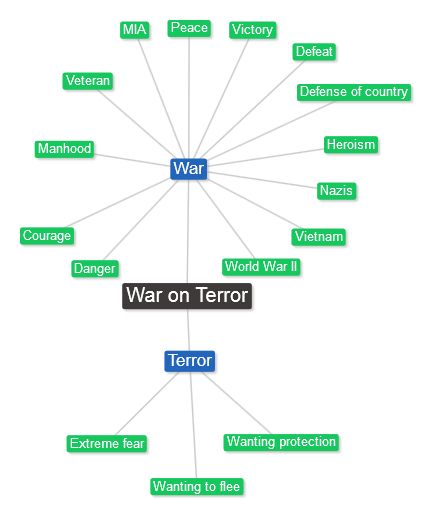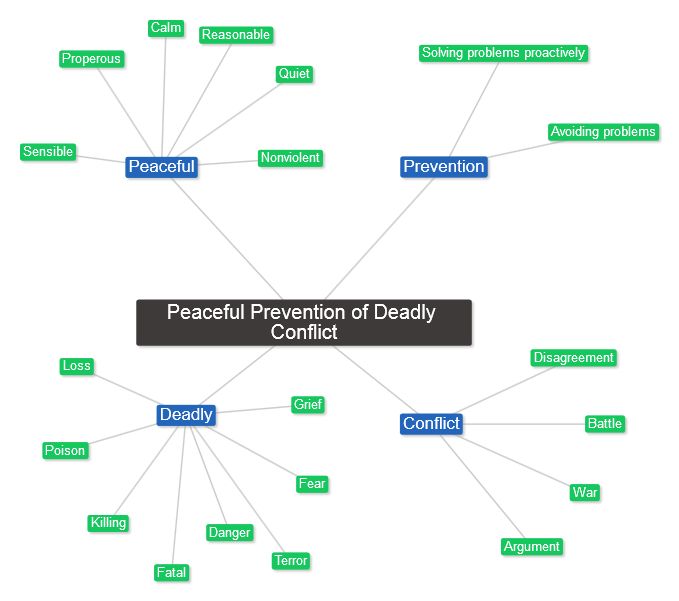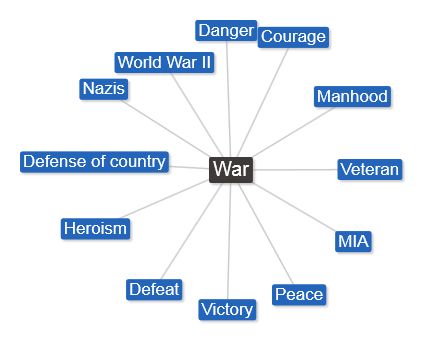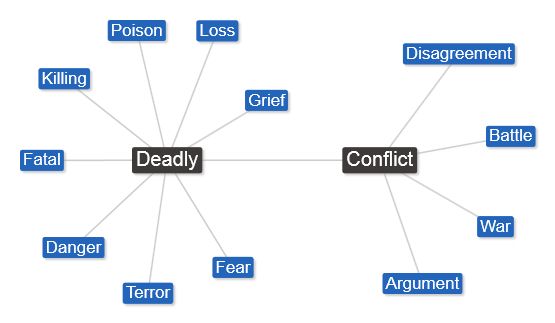Especially since 9/11, terrorism has been used to justify so many questionable things that Framologists have to fearlessly face it. I mean the word.

Photo Credit: Kaptain Kobold via Compfight cc
What does it mean? It’s been abused to mean almost any dissent. And as the cliché says, “One man’s terrorist is another man’s freedom fighter.” (The cliché was never taught non-sexist language.)
I see terrorism as violence meant to achieve political goals. Except when committed by governments or armies, terrorist acts are crimes, not acts of war. They deserve a law-enforcement response, not a military one.
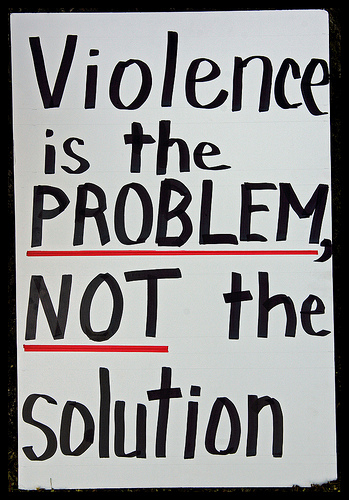
Photo Credit: ˇberd via Compfight cc
What if instead of talking about terrorism, Framologists turned the debate to political violence? An advantage to this is that, while terrorism is usually used to mean violence by opponents of a government, the phrase political violence can apply the other way: to government violence against dissenters.
Because of the vagueness of terrorism, reasonable people can disagree about whether, e.g., the Egyptian military is using terrorism to silence its opposition. But it would hard to deny that it is using political violence.
With the issue reframed as violence, it’s a small step to the peaceful prevention of deadly conflict. As I’ve written before, I believe this is the way out the war on terror.
What do you think? Is political violence an adequate reframe of terrorism?
